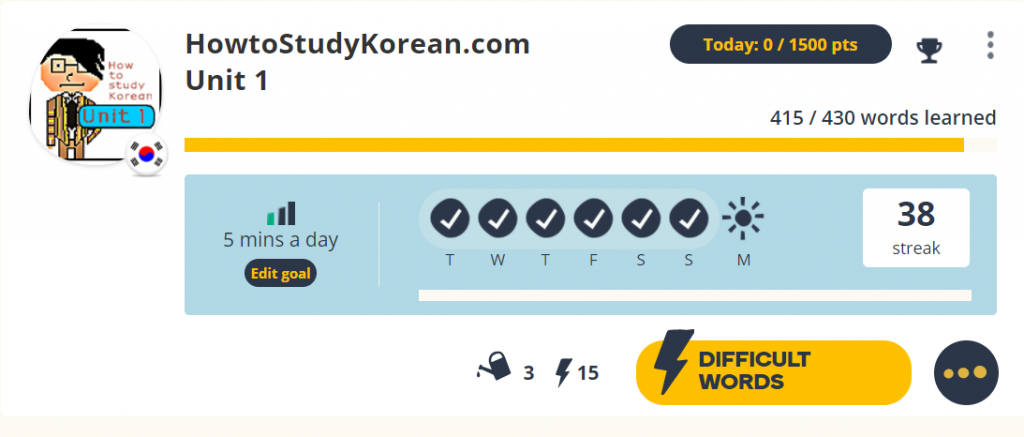Wow, my Memrise score reached 14 million points, that’s crazy!

Recently I’ve created an HSKK Intermediate Prep course with the words from HSK3 and HSK4 that I still haven’t memorised in order to prepare to HSKK. In one week I’m at about 70 words. But to be honest, when I was doing mock tests this weekend, I still met some words that were not in these word lists, so I guess I will just have to hope for the best. This is the beauty of oral test – there’s no set of rules or word list that you need to learn in order to be ready for it.
Yesterday I practiced a mock exam by myself, I think it was ok, especially because the last 2 questions were easy to understand. I hope to get questions like this on the actual exam 🙂 I also realised that I like doing HSKK mock exams, because they are quite short, just 23 minutes, and they force me to try my best to speak without mistakes and in the best possible way, and I can really feel which words I’m lacking to fully express what I want to say. During my language exchanges I just blurt what I want to say, without caring too much about the grammar, my main goal is to break the language barrier, but with HSKK you need structure, grammar points, vocabulary. So I’m glad that I decided to sign up for this test, I can already feel a big difference. Sometimes I get scared of the difficulty and worry that maybe I will fail. But then I tell myself that maybe it will be ok to fail because the exam fee is not that high, there’s another exam in 3 months (in June), and preparing for the exam is really motivating and pushing me to study harder, so maybe that’s a good thing if I fail and have to practice for 3 months more 🙂
I also noticed that I concentrate better when I study by myself, I signed up for HSKK exam just by myself, my husband hasn’t, so he’s not preparing for it as hard as me. That said, he’s already learning the HSK3 and HSK4 word lists with me, so it seems like he also wants to pass it at some point in future 🙂
This week is going to be a little tough, I’ve scheduled 5 hours of Skype calls with 4 different Chinese tutors throughout the week, let’s see how I’ll hold up 🙂 On top of that, I decided to not completely stop with Korean language exchange, but just reduce it from 4 x 1-hour calls to 4 x 30 minute calls. A lot of calls this week 🙂 The exam is on 13th March, so I have to work really hard on the preparation until then.


